 Today is World Elder Abuse Awareness Day, a day set aside by the United Nations for governments and civil society worldwide to acknowledge the problem of abuse against some of the oldest and most vulnerable groups across the world.
Today is World Elder Abuse Awareness Day, a day set aside by the United Nations for governments and civil society worldwide to acknowledge the problem of abuse against some of the oldest and most vulnerable groups across the world.
Despite the Toronto Declaration on the Global Prevention of Elder Abuse (2002) which called for a multi-sector and multi-disciplinary approach to tackle the issue, elder abuse continues to be a global problem affecting the health and impacting on the human rights of millions of older people around the world.
According to the World Health Organisation (WHO) elder abuse is a subject which is often underestimated and ignored by societies globally. As older populat
ions grow globally, elder abuse is an issue that all societies and governments need to acknowledge and tackle in a proactive way. In 2015 there were 901 million people on earth aged 60 or over; and this is projected to rise to 1.4 billion in 2030 (United Nations [UN] 2015). Due to this rapidly ageing global population elder abuse is predicted to increase. Although it is difficult to measure the scale of the problem due to its often hidden nature, it is estimated that around 1 in 10 older people experience abuse every month.
What is it?
Elder abuse can take various forms such as physical, psychological or emotional, sexual and financial abuse. It can also be the result of intentional or unintention
al neglect, and can occur in institutional settings as well as in the home environment. However, in many parts of the world it is an issue which is often hidden from view and seldom recognised, the voices of victims silenced by ageism and indifference. It results from the wider marginalization, disrespect, and exploitation that older people experience in many societies, and ultimately results in de-humanised care and an absence of human rights for older people.
What can we do?
Globally we need to acknowledge elder abuse as a priority. We need to tackle some of the underlying socio-cultural factors which deny older people status and human rights including inherent ageism and the depiction of older people as frail, weak and dependent. This includes developing awareness of how changing socio-demographic patterns contribute to the shifting context of care and support available to older people in society. For example, global and national economic policies may result in funds to provide health and social care to older citizens not being considered a priority, and the creation of a globally mobile workforce resulting in the erosion of bonds between generations of a family where traditionally younger family members would care for older relatives.
We also need to act on demographic changes, celebrate that many of us are living longer, but acknowledge health and life expectancy inequalities across the UK and globally (Wilkinson and Pickett, 2010, Office of National Statistics, 2016) and work to address these. International interest in using well-being as a measure of social progress (http://www.neweconomics.org/issues/entry/well-being) alters perspectives, making us consider that factors which negatively impact on individual well-being, including the abuse of vulnerable members of society, indicate systemic problems which need systemic solutions such as the introduction of the ‘well-being principle’ to social policy.
The well-being principle underpins the Care Act (2014) and seeks to ensure social care support and services in England and Wales, increase well-being, enabling personal dignity and the exercise of choice and control. This represents human rights, person-centred approach which is strengths rather than deficit based. Its relevance reaches beyond social care and by adopting this stance in our interpersonal as well as professional relationships we can start to address some of the negative stereotypes which are linked to old age and ageing, and which can contribute to de-humanised approaches to care.
Elder abuse should be a topic that we all feel we have a stake in, and as such is in all our interests to tackle.
Dr Lee-Ann Fenge and Sally Lee
References
United Nations, Department of Economic and Social Affairs, Population Division (2015) World Population Prospects: The 2015 Revision. Available from https://esa.un.org/unpd/wpp/publications/files/key_findings_wpp_2015.pdf [Accessed 13/06/16]
Wilkinson, D. and Pickett, 2010. The Spirit Level. London: Penguin.
http://www.ons.gov.uk/peoplepopulationandcommunity/healthandsocialcare/healthandlifeexpectancies

 MRC have written to us outlining a recent update to its funding policy to allow the inclusion of a one-page ‘methodology and experimental design’ annex to the case for support.
MRC have written to us outlining a recent update to its funding policy to allow the inclusion of a one-page ‘methodology and experimental design’ annex to the case for support.



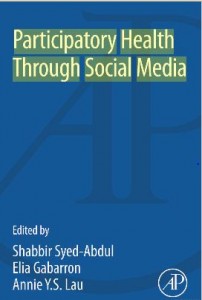
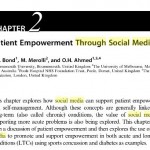
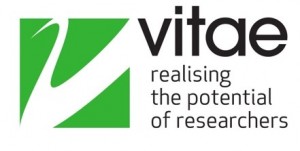
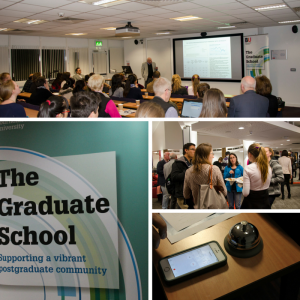

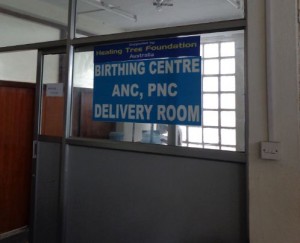

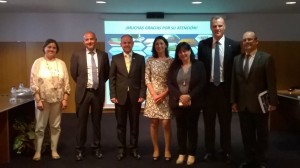











 Fourth INRC Symposium: From Clinical Applications to Neuro-Inspired Computation
Fourth INRC Symposium: From Clinical Applications to Neuro-Inspired Computation Writing policy briefs
Writing policy briefs Upholding Excellence: The Concordat to Support Research Integrity
Upholding Excellence: The Concordat to Support Research Integrity Today’s Documentation Will Serve Tomorrow’s Justice
Today’s Documentation Will Serve Tomorrow’s Justice ECR Funding Open Call: Research Culture & Community Grant – Application Deadline Friday 12 December
ECR Funding Open Call: Research Culture & Community Grant – Application Deadline Friday 12 December MSCA Postdoctoral Fellowships 2025 Call
MSCA Postdoctoral Fellowships 2025 Call ERC Advanced Grant 2025 Webinar
ERC Advanced Grant 2025 Webinar Horizon Europe Work Programme 2025 Published
Horizon Europe Work Programme 2025 Published Horizon Europe 2025 Work Programme pre-Published
Horizon Europe 2025 Work Programme pre-Published Update on UKRO services
Update on UKRO services European research project exploring use of ‘virtual twins’ to better manage metabolic associated fatty liver disease
European research project exploring use of ‘virtual twins’ to better manage metabolic associated fatty liver disease